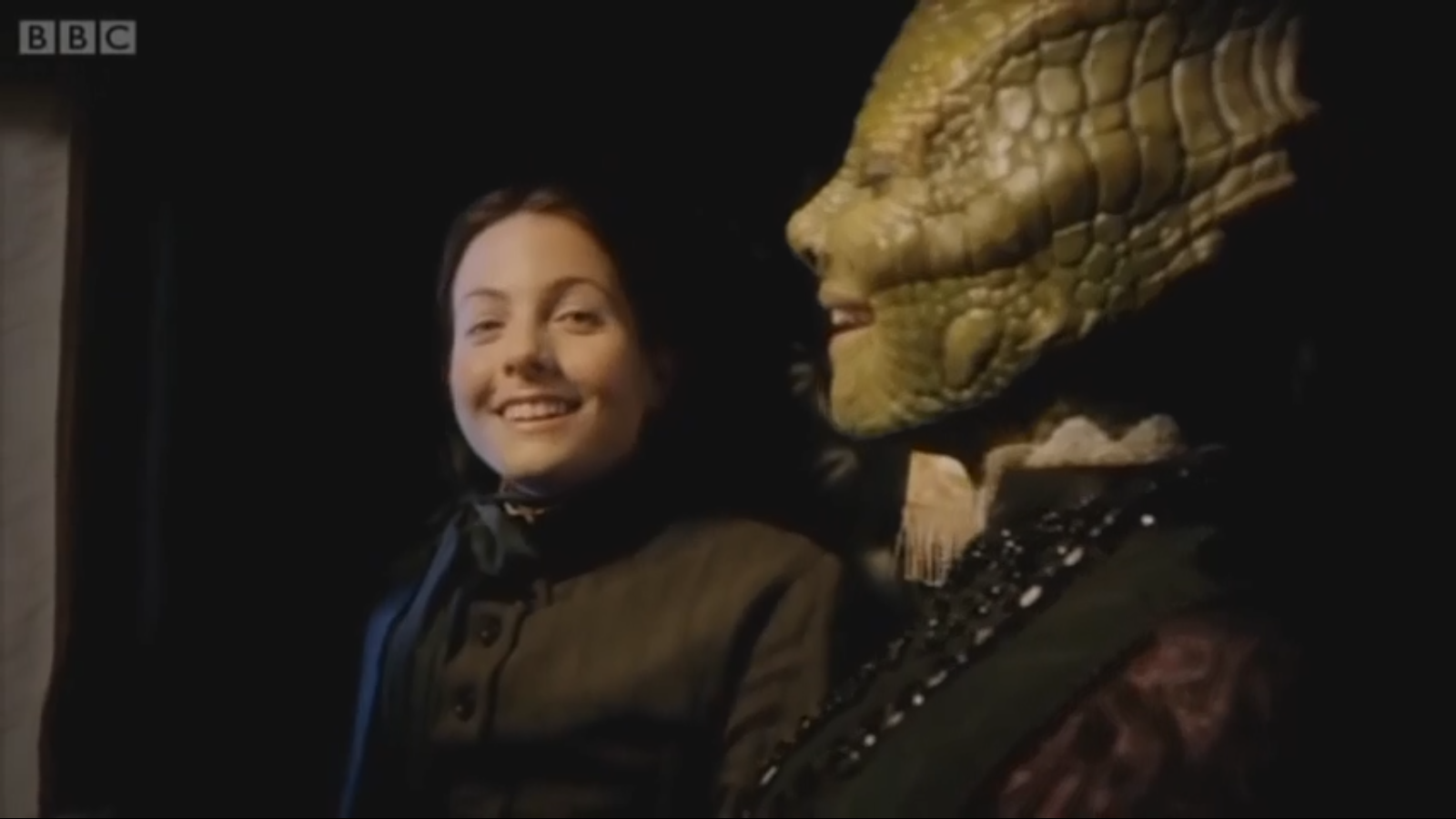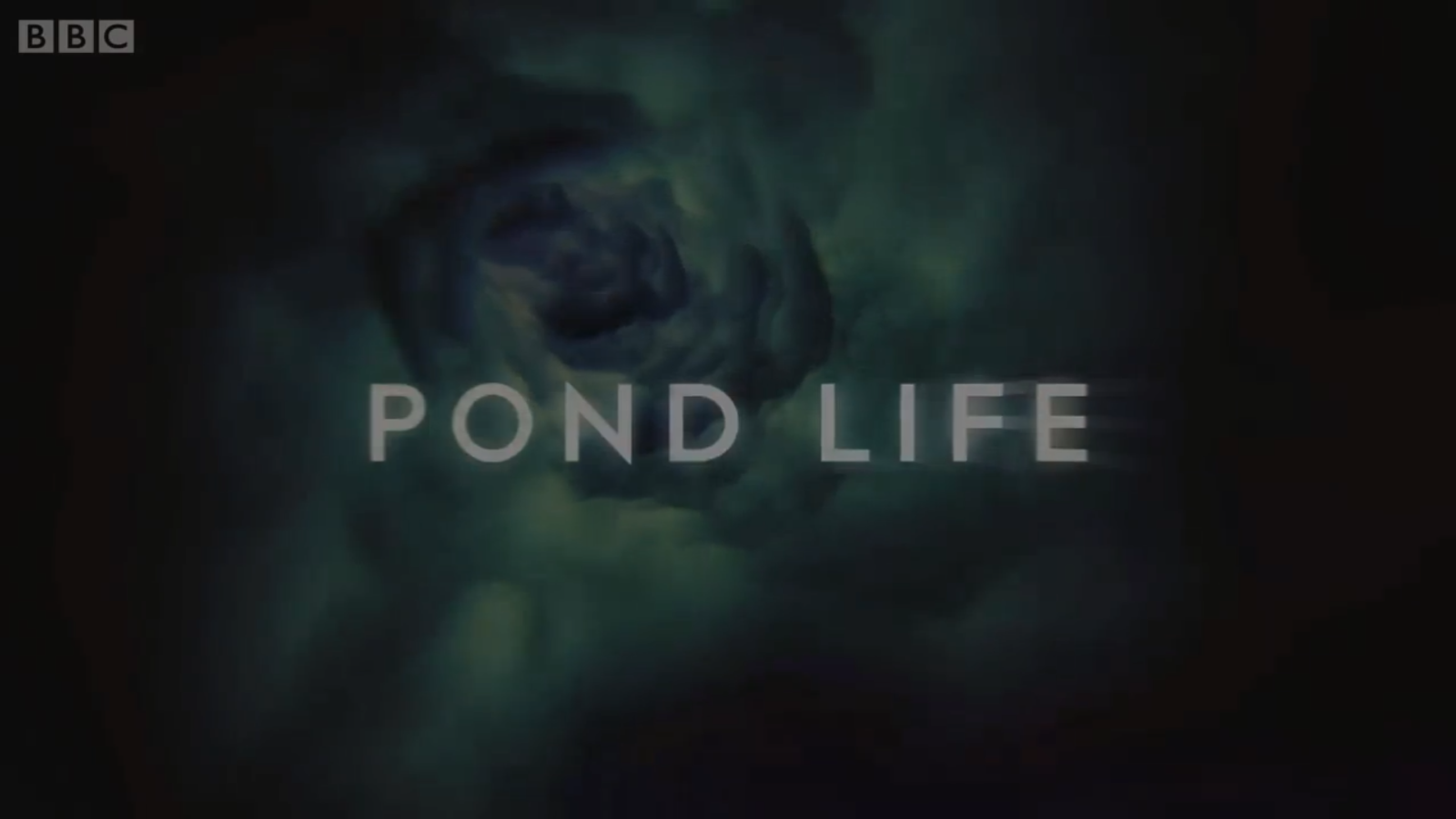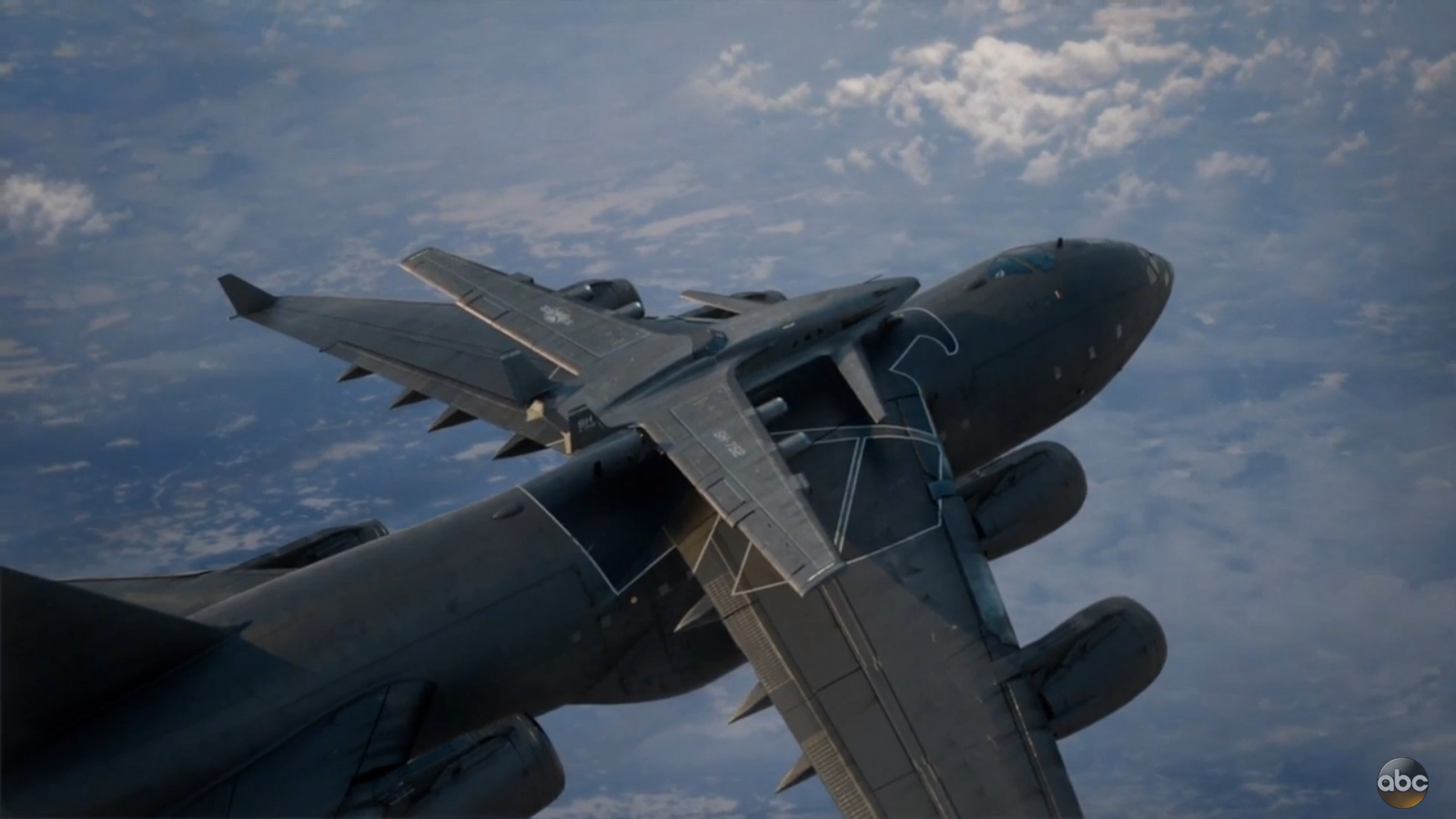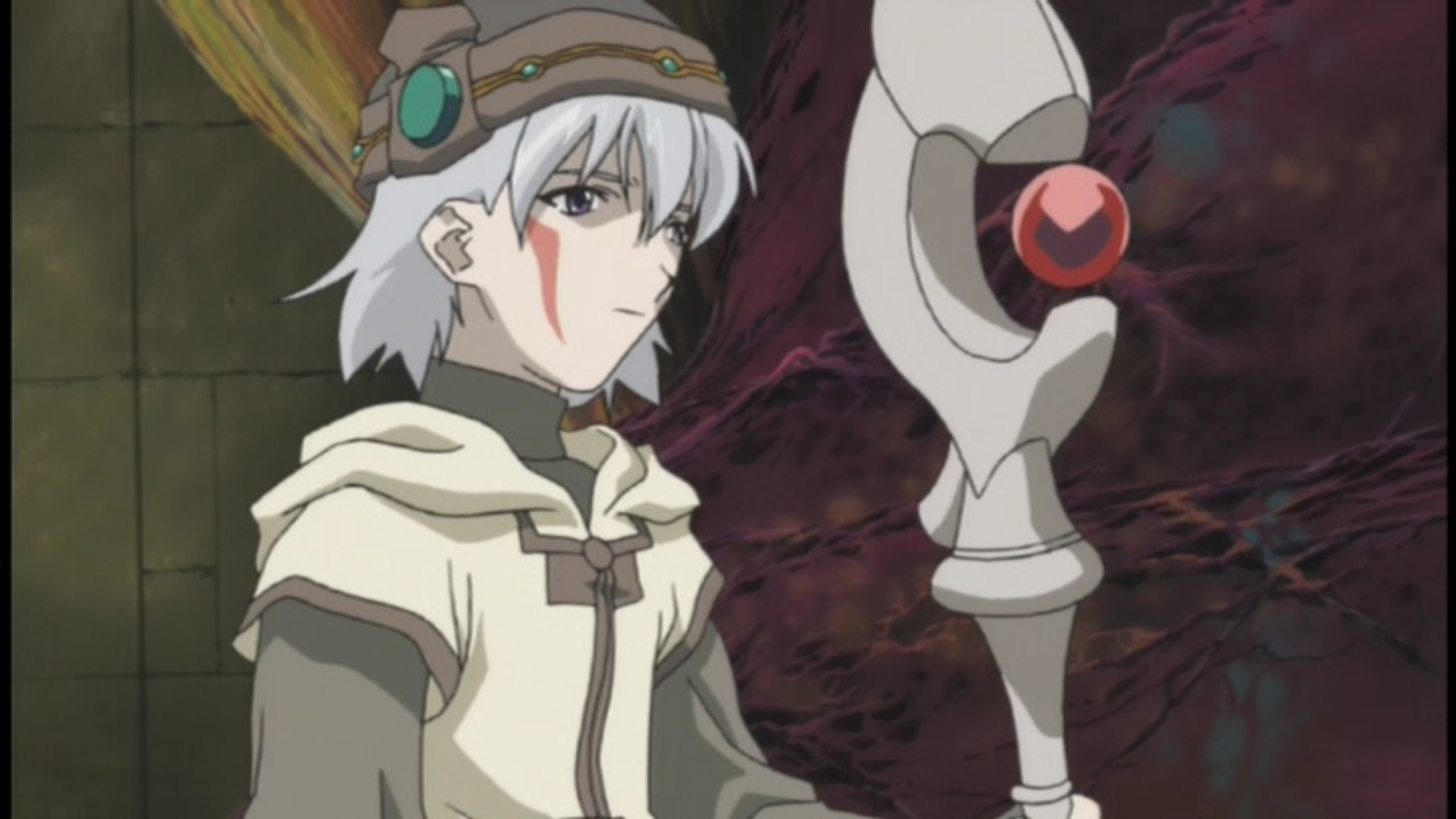The Webisode and Online Supplements
- September 17th, 2014
- Write comment
 So, we’ve discussed the history of the webisode, and looked at some of the earlier examples. But as I said at the end of that piece, those early webisodes are quite different from how this medium is utilized today. If webisodes aren’t usually spinoffs, then what are they? And why should anyone care to look them up?
So, we’ve discussed the history of the webisode, and looked at some of the earlier examples. But as I said at the end of that piece, those early webisodes are quite different from how this medium is utilized today. If webisodes aren’t usually spinoffs, then what are they? And why should anyone care to look them up?
As we’ve already established, webisodes have been linked with sci-fi for a long time. You occasionally see them for sitcoms (Scrubs: Interns comes to mind), but more often than not, the invented world of a sci-fi show provides the kind of room for exploration needed to create interesting web content. One of the biggest shows to utilize the webisode format has been Doctor Who. As an early adopter to the idea, Doctor Who has experimented a lot trying to figure out what makes for a successful webisode. Naturally, then, I’m going to be using it as an example frequently throughout for the different varieties out there. Without further ado, let’s explore the concept and what value it has in a storytelling capacity. Read more






